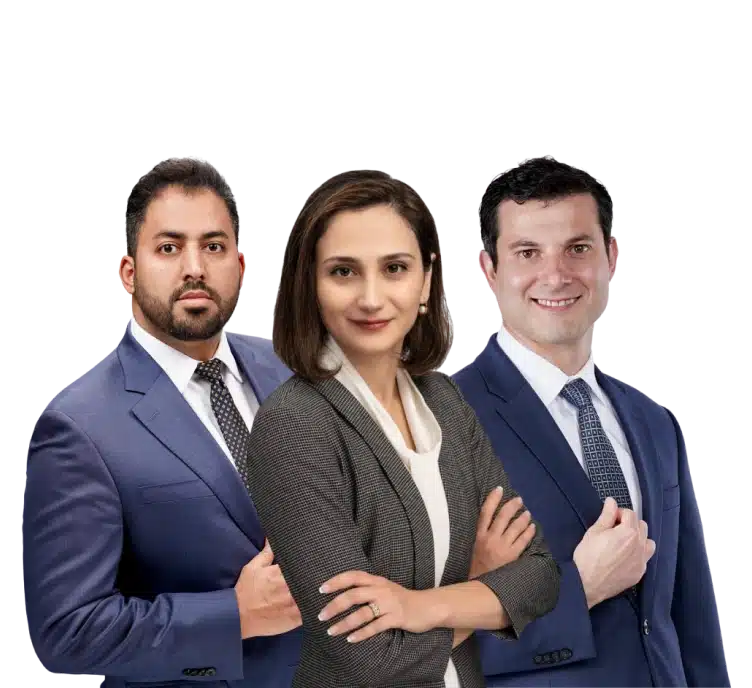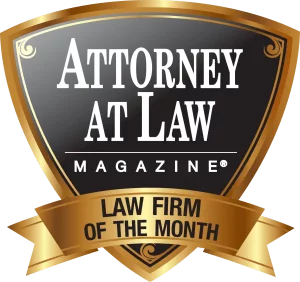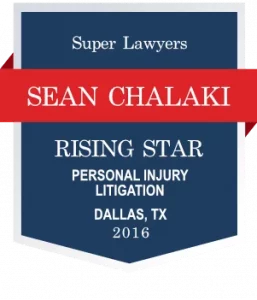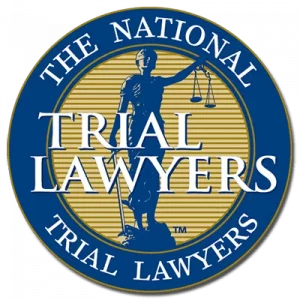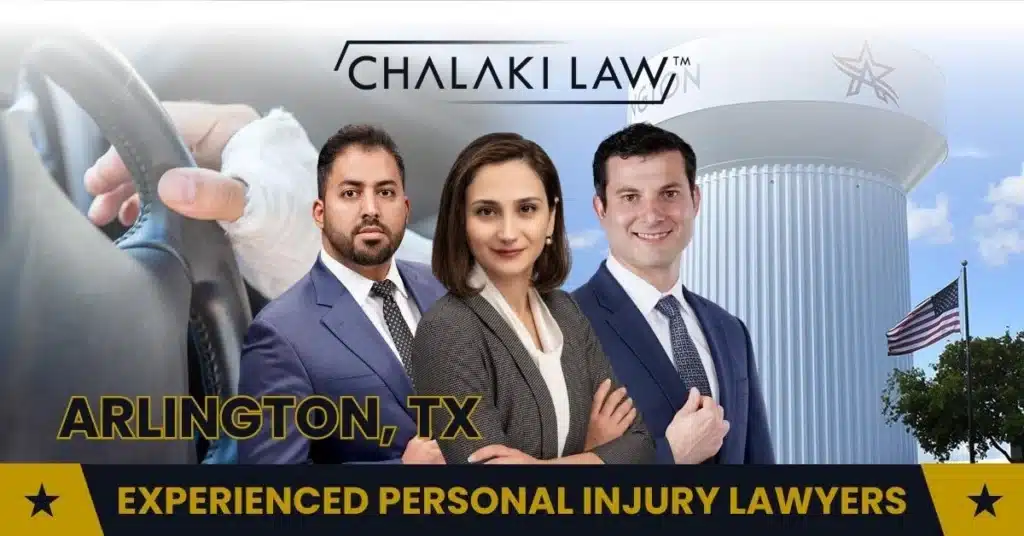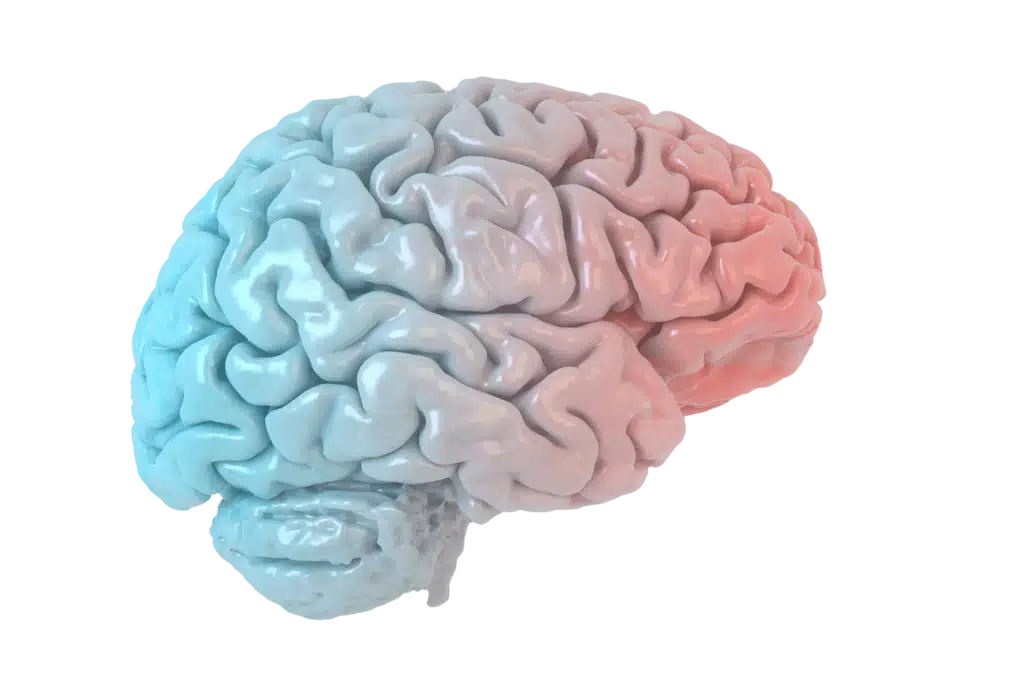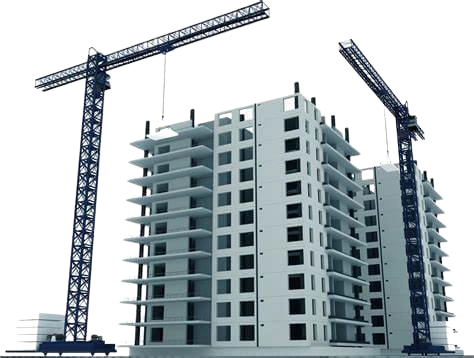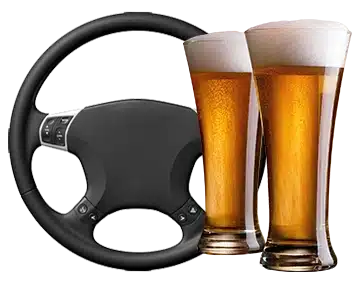Experienced Arlington Personal Injury Lawyer
Arlington, Texas is home to the iconic AT&T Stadium, which is the largest domed structure in the world. It is also the only city in the United States that is home to two major professional sports teams, the Dallas Cowboys and the Texas Rangers. Additionally, Arlington is known for its diverse culinary scene, offering a wide range of international cuisines to satisfy any food lover’s palate. Furthermore, Arlington is a hub for higher education, with the University of Texas at Arlington being a prominent institution in the city. The city also hosts several annual events and festivals, such as the Arlington Music Festival and the Arlington International Film Festival, attracting visitors from all over. With its vibrant mix of attractions, sports, food, and culture, Arlington offers something for everyone to enjoy.
Major Highways in Arlington, Texas
The major highways in Arlington are Interstate 20 and Interstate 30, making it easily accessible for travelers. These highways provide convenient transportation options for both residents and visitors alike, connecting Arlington to other major cities in Texas. In addition to the highways, Arlington also has a well-developed public transportation system, including buses and light rail, which allows for easy navigation within the city. Whether you’re driving or taking public transportation, getting around Arlington is a breeze, ensuring that you can explore all the city has to offer without any hassle. Other significant roads and highways in Arlington are the following:
State Highway 360 (SH 360): This highway is a major north-south route that runs through the eastern side of Arlington. It provides access to both I-20 and I-30, as well as connecting to the Dallas-Fort Worth International Airport.
State Highway 161 (SH 161): Also known as the President George Bush Turnpike, SH 161 runs through the northern part of Arlington. It offers a convenient route for travelers heading north or south in the DFW area.
State Highway 180 (SH 180): SH 180, also known as Division Street, passes through the heart of Arlington and connects the city to neighboring cities like Fort Worth and Euless.
State Highway 183 (SH 183): While not directly passing through Arlington, SH 183 is a major east-west route that lies just north of the city and provides access to Arlington via various intersecting roads.
Why Personal Injury Accidents Happen Along The Roads In Arlington, Texas?
Personal injury accidents can occur along roads in Arlington, Texas, for a variety of reasons, similar to how they can happen in any urban area. Some common factors that contribute to personal injury accidents include:
Distracted Driving: Drivers using their phones, eating, grooming, or engaging in other distractions can take their attention away from the road, leading to accidents.
Speeding: Excessive speed reduces a driver’s ability to react to sudden changes in traffic conditions or obstacles, increasing the likelihood of accidents and making their outcomes more severe.
Reckless Driving: Aggressive driving behaviors such as tailgating, weaving in and out of traffic, and not yielding the right of way can lead to collisions.
Drunk or Impaired Driving: Driving under the influence of alcohol, drugs, or other substances impairs a driver’s judgment and reaction times, significantly increasing the risk of accidents.
Weather Conditions: Adverse weather conditions such as rain, fog, ice, and snow can reduce visibility and road traction, leading to accidents.
Poor Road Conditions: Potholes, uneven surfaces, and inadequate road maintenance can contribute to accidents, especially if drivers are caught off guard by these hazards.
Intersection Collisions: Intersections are common locations for accidents due to factors like red light running, failure to yield, and misjudging the timing of turns.
Inexperienced Drivers: Inexperienced or newly licensed drivers may struggle to handle complex traffic situations, leading to accidents.
Fatigue: Drowsy driving can impair a driver’s ability to react quickly and make sound decisions, increasing the risk of accidents.
Lack of Proper Signage: Inadequate or confusing signage can lead to drivers making incorrect maneuvers, causing accidents.
Vehicle Defects: Mechanical failures such as brake failures, tire blowouts, and steering issues can lead to loss of control and accidents.
Construction Zones: Road construction and maintenance zones can create temporary changes in road layouts and traffic patterns, increasing the risk of accidents if drivers do not adjust their driving accordingly.
Pedestrian and Cyclist Interactions: Accidents involving pedestrians and cyclists can occur due to failure to yield, not following traffic rules, or lack of awareness.
Arlington Personal Accident Injuries
Personal accident injuries that can occur in Arlington, Texas, are similar to those that can occur in any urban area. These injuries can range from minor to severe and may require medical attention. Some common types of personal accident injuries that can happen in Arlington include:
Whiplash: Whiplash is a common injury in car accidents where the head and neck are suddenly jerked back and forth, causing strain to the neck muscles and ligaments.
Broken Bones: Fractures and broken bones can result from the force of impact in accidents, such as in collisions or falls.
Head Injuries: Head injuries, including concussions and traumatic brain injuries, can occur in accidents where the head strikes a surface or experiences a sudden jolt.
Spinal Cord Injuries: Accidents can lead to spinal cord injuries that may result in temporary or permanent paralysis, depending on the severity.
Soft Tissue Injuries: These include sprains, strains, and contusions to muscles, ligaments, and tendons. These injuries can cause pain, swelling, and limited mobility.
Cuts and Abrasions: Broken glass, sharp objects, and debris from accidents can cause cuts, scrapes, and abrasions.
Burns: In accidents involving fires or chemical exposure, burns of varying degrees can occur.
Internal Injuries: Blunt force trauma can cause internal injuries, such as organ damage or internal bleeding.
Emotional Trauma: Accidents can lead to emotional distress, anxiety, and post-traumatic stress disorder (PTSD), especially for those involved in severe accidents.
Pedestrian and Cyclist Injuries: Pedestrians and cyclists can suffer a range of injuries if they are struck by vehicles, including fractures, head injuries, and internal injuries.
Slip and Fall Injuries: Accidents involving slip and fall incidents on poorly maintained premises can result in injuries like broken bones, sprains, and head injuries.
Burns: Burns can occur in accidents involving fires, explosions, or contact with hot surfaces or substances.
Electrocution Injuries: Accidents involving exposed wiring, faulty electrical equipment, or lightning strikes can result in electrocution injuries.
Bites: Dog attacks can cause serious injuries, including cuts, puncture wounds, and infections.
It’s important to seek medical attention promptly after any accident to assess and treat injuries, even if they seem minor at first. Additionally, if the accident was caused by someone else’s negligence, legal options might be available to pursue compensation for medical expenses, lost wages, and pain and suffering.
Common Causes Of Personal Accidents Injuries In Arlington, Texas
Personal accidents and injuries in Arlington, Texas, can occur due to a variety of factors and situations. Some of the common causes of personal accidents and injuries in the area include:
Traffic Accidents: Car accidents, motorcycle accidents, and pedestrian accidents are some of the most common causes of personal injuries in Arlington. Factors like distracted driving, speeding, drunk driving, and reckless driving can contribute to these accidents.
Slip and Fall Incidents: Slippery or uneven surfaces, poorly maintained sidewalks, wet floors, and other hazards can lead to slip and fall accidents causing injuries such as broken bones, sprains, and head injuries.
Workplace Accidents: Inadequate safety measures, improper equipment use, and hazardous work conditions can lead to accidents in workplaces, resulting in injuries like falls, cuts, and crush injuries.
Construction Site Accidents: Arlington’s ongoing construction projects can pose risks to both workers and pedestrians due to falling objects, machinery accidents, and other construction-related hazards.
Medical Malpractice: Medical negligence or errors by healthcare professionals can lead to injuries ranging from misdiagnosis to surgical complications.
Dog Bites: Dog attacks can result in injuries such as cuts, puncture wounds, infections, and emotional trauma.
Sports and Recreational Accidents: Injuries during sports and recreational activities can occur due to collisions, falls, improper equipment use, and lack of proper safety precautions.
Bicycle Accidents: Collisions between bicycles and vehicles, as well as accidents involving pedestrians, can result in injuries to cyclists.
Public Transportation Accidents: Accidents involving buses, trains, or other forms of public transportation can lead to injuries for passengers, pedestrians, and drivers.
Product Liability: Defective products or products with inadequate warnings can cause injuries to consumers. This includes items like faulty appliances, malfunctioning electronics, and dangerous toys.
Intoxication: Alcohol and drug-related incidents, such as drunk driving accidents, can lead to serious injuries for drivers, passengers, and pedestrians.
Electrical Accidents: Electrocution or electric shock injuries can occur due to faulty wiring, exposed electrical components, or lack of proper safety measures.
Workplace Injuries: Industrial accidents, equipment malfunctions, and exposure to hazardous materials can result in workplace injuries.
Natural Disasters: Severe weather events like storms, tornadoes, and floods can cause injuries due to flying debris, structural damage, and hazardous road conditions.
Violent Acts: Assaults, robberies, and other criminal acts can cause physical injuries to victims.
Types of Personal Injury Claims
Personal injury claims encompass a wide range of legal cases where individuals seek compensation for injuries, damages, and losses caused by the negligence or intentional actions of others. Here are some common types of personal injury claims:
Car Accident Claims: These claims arise from injuries sustained in car accidents due to factors such as reckless driving, speeding, distracted driving, and drunk driving.
Slip and Fall Claims: These claims involve injuries caused by slipping, tripping, or falling on someone else’s property due to hazardous conditions, such as wet floors, uneven surfaces, or inadequate signage.
Medical Malpractice Claims: These claims arise when a healthcare professional’s negligence leads to injuries, misdiagnosis, surgical errors, medication mistakes, or other forms of medical harm.
Product Liability Claims: These claims involve injuries caused by defective products, including design flaws, manufacturing defects, and failure to provide adequate warnings.
Premises Liability Claims: These claims relate to injuries sustained on someone else’s property due to unsafe conditions, such as inadequate maintenance, lack of security, or hazardous materials.
Workplace Injury Claims: While workers’ compensation typically covers workplace injuries, personal injury claims can arise if a third party’s negligence contributed to the injury, or in cases where intentional harm is involved.
Dog Bite Claims: These claims arise when a dog owner’s negligence leads to a dog attack causing injuries or emotional trauma.
Assault and Battery Claims: These claims involve intentional harm caused by physical violence, often leading to criminal charges as well.
Wrongful Death Claims: When someone dies due to another party’s negligence or intentional actions, their surviving family members may file a wrongful death claim seeking compensation for their losses.
Catastrophic Injury Claims: These claims involve severe injuries that result in long-term or permanent disabilities, such as traumatic brain injuries, spinal cord injuries, or severe burns.
Pedestrian and Bicycle Accident Claims: These claims involve injuries sustained by pedestrians or cyclists due to collisions with vehicles, often caused by driver negligence.
Public Transportation Accident Claims: Injuries sustained while using public transportation, such as buses, trains, or subways, can lead to these claims.
Nursing Home Abuse Claims: These claims arise when elderly residents of nursing homes or assisted living facilities suffer injuries due to neglect, abuse, or inadequate care.
Aviation and Maritime Accident Claims: Accidents involving airplanes, boats, ships, and other watercraft can result in personal injury claims.
Construction Accident Claims: Injuries sustained on construction sites due to unsafe conditions, equipment failures, or lack of proper training can lead to these claims.
What Compensation Can I Recover in a Personal Injury Claim?
In a personal injury claim, if you can establish that your injuries were caused by another party’s negligence or intentional actions, you may be entitled to various types of compensation, also known as “damages.” The specific types and amounts of compensation can vary based on the circumstances of your case and the laws of your jurisdiction. Here are some common types of compensation you might be able to recover in a personal injury claim:
Medical Expenses: This includes compensation for current and future medical bills related to your injuries, such as hospitalization, surgeries, doctor visits, prescription medications, rehabilitation, and therapy.
Lost Wages: If your injuries caused you to miss work or resulted in reduced earning capacity, you can seek compensation for the income you lost due to the accident.
Pain and Suffering: This compensation is intended to address the physical and emotional pain, suffering, and distress you experienced as a result of the accident and your injuries.
Emotional Distress: Severe emotional distress, such as anxiety, depression, or post-traumatic stress disorder (PTSD), can lead to compensation for the psychological impact of the accident.
Property Damage: If your personal property, such as your car, was damaged in the accident, you can seek compensation for repair or replacement costs.
Loss of Consortium: This type of compensation is available to a spouse for the loss of companionship, support, and intimacy due to the injured party’s injuries.
Punitive Damages: In cases of extreme negligence or intentional harm, punitive damages may be awarded to punish the responsible party and deter similar behavior in the future.
Wrongful Death Damages: If a loved one dies due to the accident, you might be eligible for compensation for funeral expenses, loss of financial support, and emotional distress through a wrongful death claim.
Disability or Disfigurement: In cases where the accident causes permanent disability or disfigurement, you may receive compensation to address the lasting impact on your quality of life.
Loss of Enjoyment of Life: Compensation for the loss of enjoyment of life due to your injuries, which might include being unable to participate in activities you once enjoyed.
Out-of-Pocket Expenses: This includes reimbursement for any expenses you incurred as a direct result of the accident, such as transportation costs to medical appointments.
Steps You Should Take Next After A Personal Injury in Arlington
- Stay where you are and dial 911 immediately. The police report should be requested for future reference.
- Even if you don’t feel any pain, it’s best to get checked out by a doctor right away or at the scene.
- Collect evidence and information at the scene of the accident, including the opposing party’s contact and driver’s information, as well as photographs or videos of the incident and any remaining impact debris.
- Don’t speculate; stick to the facts, and never admit defeat.
- Consult a qualified personal injury lawyer before discussing the accident details with your insurance provider. Within the first two days after an accident, at the latest.
- Don’t miss out on the chance to speak with a skilled personal injury attorney in Dallas or Plano for free.
Why Should I Hire A Personal Injury Accident Lawyer In Arlington, Texas?
Hiring a personal injury accident lawyer in Arlington, Texas, can provide numerous benefits if you’ve been involved in an accident and are considering pursuing a legal claim for compensation. Here are some reasons why hiring a personal injury lawyer is advisable:
Legal Expertise: Personal injury lawyers are experienced in the laws and regulations specific to personal injury cases in Texas. They understand how to navigate the legal system, handle paperwork, and negotiate with insurance companies.
Case Evaluation: An attorney can assess the details of your case and help you understand whether you have a valid claim. They can provide insight into the potential strengths and weaknesses of your case.
Maximizing Compensation: Personal injury lawyers are skilled negotiators who can help you seek the maximum compensation you deserve. They understand how to evaluate the value of your injuries, medical expenses, lost wages, pain and suffering, and other damages.
Evidence Gathering: Lawyers know what evidence is necessary to build a strong case. They can help collect crucial evidence such as accident reports, medical records, witness statements, and expert opinions.
Legal Strategy: Attorneys develop tailored legal strategies based on the specifics of your case. They can advise you on whether to settle or proceed to trial, depending on the circumstances.
Dealing with Insurance Companies: Insurance companies may try to minimize their payout by offering a low settlement or disputing your claim. An attorney can handle communications with insurers, ensuring your rights are protected and you receive a fair settlement.
Reducing Stress: Dealing with the aftermath of an accident can be overwhelming. Having a lawyer by your side can relieve some of the stress and anxiety associated with navigating the legal process on your own.
Trial Experience: If your case goes to trial, a personal injury attorney will have experience presenting your case before a judge and jury, increasing your chances of a favorable outcome.
Contingency Fee Basis: Many personal injury lawyers work on a contingency fee basis. This means you won’t have to pay attorney fees unless they successfully recover compensation for you, making legal representation accessible even if you’re facing financial challenges.
Time and Resource Management: Pursuing a personal injury claim requires time and effort. An attorney can handle the legal aspects, allowing you to focus on your recovery and personal matters.
Local Knowledge: Local attorneys are familiar with the Arlington area’s legal community, judges, court procedures, and potential challenges specific to the region.
Alternative Dispute Resolution: Lawyers can explore alternative methods of dispute resolution, such as mediation or arbitration, which may lead to quicker and less adversarial resolutions.
How Much Does A Personal Injury Lawyer Cost in Arlington, Tx?
Personal injury lawyers in Arlington, Texas, typically work on a contingency fee basis. This means that they do not charge upfront fees for their services. Instead, their fees are contingent on the outcome of your case. If they successfully recover compensation for you through a settlement or court verdict, they will take a percentage of the total amount as their fee. If they do not win your case, you generally won’t owe them any fees.
While the contingency fee covers the lawyer’s fees, you may still be responsible for other expenses related to the case. These expenses can include filing fees, court costs, expert witness fees, medical record retrieval costs, and more. Some law firms may deduct these expenses from your final settlement, while others might expect you to cover them separately. It’s essential to discuss how expenses will be handled with the lawyer during your consultation.
Before hiring a personal injury lawyer, it’s recommended to have a clear understanding of the fee arrangement and any potential expenses associated with your case. Many law firms offer free initial consultations, during which you can discuss your case, the fee structure, and any questions you might have. This will help you make an informed decision about moving forward with legal representation.
How Chalaki Law Firm Can Help You With Personal Accident In Arlington, Texas?
At Chalaki Law, hiring a personal injury lawyer means receiving quality legal representation and customer service with a focus on meeting your needs. Our innovative approach expedites cases and reduces expenses, streamlining the process for accident victims. We carefully select the cases we represent, prioritizing quality over quantity to ensure the best outcomes.
As experienced trial attorneys, we actively litigate cases, distinguishing us from firms that avoid trials. Our primary concern is your well-being and the impact on your life, not just financial gain, as we work to help families move forward and prevent future incidents. Our commitment is centered around transforming lives and fortifying a system that securely shields households and asserts justice for all.
FAQ
Texas follows a “modified comparative fault” rule. If you are partially at fault for the incident, your compensation may be reduced proportionally to your level of fault. However, if you are found to be 51% or more at fault, you may not be eligible to recover any compensation.
In Texas, the statute of limitations for filing a personal injury claim is generally two years from the date of the accident. However, there can be exceptions and variations depending on the specific circumstances of the case. It’s crucial to consult an attorney to determine the exact deadline for your situation.
Hiring a personal injury lawyer in Arlington, Texas, can be highly beneficial. Lawyers bring legal expertise, negotiation skills, and experience in navigating the complex legal process. They can help you maximize your compensation and ensure your rights are protected.
It’s recommended to hire a personal injury lawyer as soon as possible after the accident. An attorney can guide you from the start, ensuring you take the right steps, gather evidence, and communicate with insurers properly.
The duration of a personal injury case varies widely depending on factors such as the complexity of the case, the severity of injuries, negotiations, and court proceedings. Some cases may settle relatively quickly, while others could take several months to years, especially if they go to trial.

